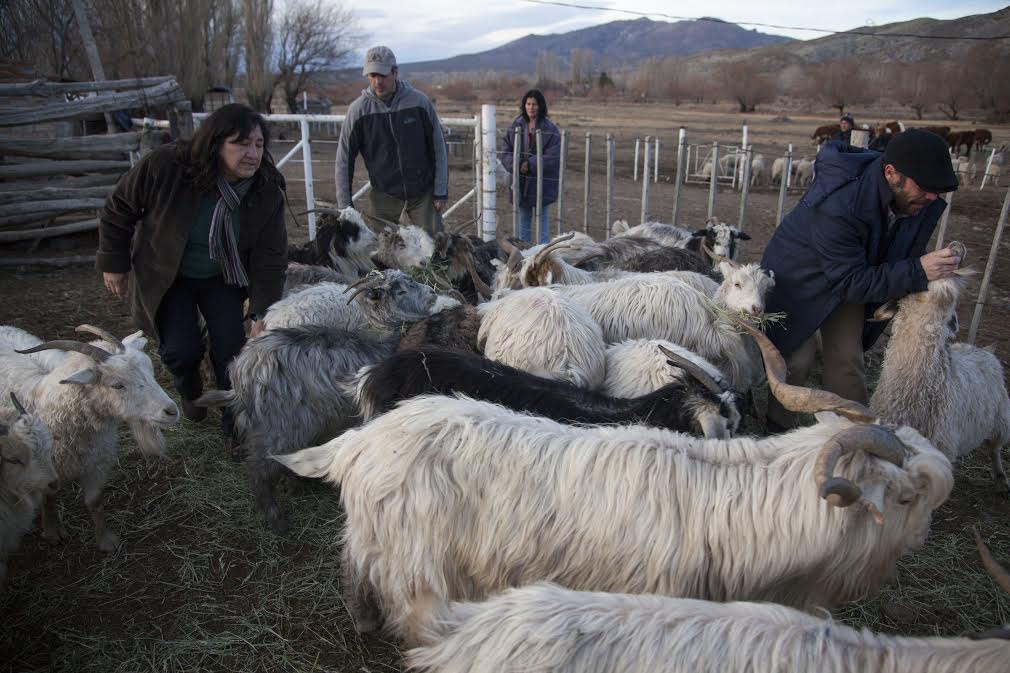A contest sponsored by IICA, IDB and FONTAGRO gathered successful cases of sustainable and climate-smart family farming, in an effort to disseminate and replicate innovations for dealing with the pounding effects of climate change.

Washington, 11 May 2016 (IICA). A hemispheric competition, which brought together 49 innovative initiatives for family agriculture adaptation to climate change created by Latin American farmers and organizations, has demonstrated that it is indeed possible to implement climate-smart technologies and practices to deal with the effects of climate change in agriculture.
The contest sought to identify innovations that contribute to the adaptation of family farming to climate change. Out of the total number of submissions, five winning cases (across three categories) were selected. The winners will be honored at a ceremony in Washington, D.C. on May 17.
The contest was organized by the Regional Fund for Agricultural Technology (FONTAGRO) and sponsored by the Inter-American Institute for Cooperation on Agriculture (IICA) and the Inter-American Development Bank (IDB).
The winning cases are a testament to the broad range of innovations that can be implemented to improve production, income for famers and their families, and local organization; to adequately manage agroecosystems and natural resources; and to diversify crops in order to generate more production opportunities and improve local organization. All of this, in turn, can aid in addressing the challenges brought on by increases in temperature.
“It is important to work collaboratively to minimize the effects and negative social consequences of new climatic scenarios, such as migration, poverty, and malnutrition,” stated Priscila Henríquez, IICA Specialist in the Management of Technological Innovation and the Institute’s representative in FONTAGRO.
Henríquez added that climate has a grave effect on ecosystems, and that although some problems arise gradually, urgent measures must be taken in order to minimize their impact.
The Fund will also make special mention of the Chorotega Agroforestry Association (Asociación Agroforestal Chorotega) in recognition of its innovative intensification of livestock systems in Costa Rica.
A publication will be released on the day of the awards ceremony, featuring the contest’s top eleven entries.
“By supporting FONTAGRO’s efforts, IICA seeks to make agricultural innovation a priority in Latin America and promote greater investment in research and development, technology transfer and adoption, education and training. In this way, productivity in the region can achieve sustainable growth,” stated Henríquez.
The contest was also organized with support from the “Climate Technology Transfer Mechanisms and Networks in Latin America and the Caribbean,” funded by the Global Environment Facility (GEF).
More information:










